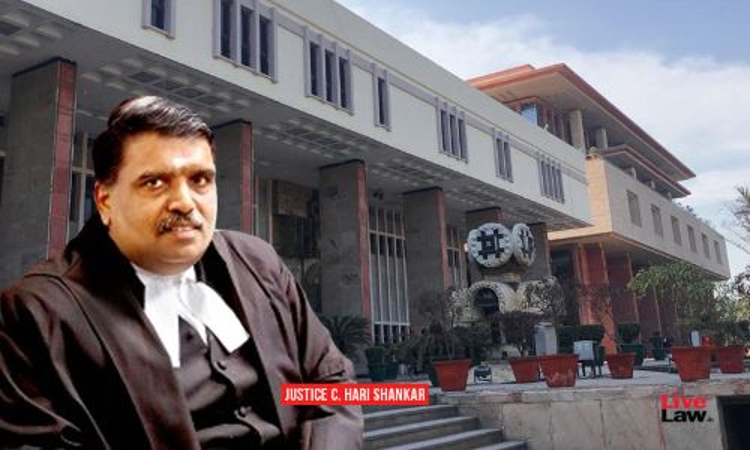Domain Name Registrars Are "Intermediaries" Under Information Technology Act: Delhi High Court
Nupur Thapliyal
19 April 2022 10:42 AM IST

Next Story
19 April 2022 10:42 AM IST
The Delhi High Court has held that the Domain Name Registrars are "intermediaries", within the meaning of sec. 2(1)(w) of the Information Technology Act, 2000. Justice C Hari Shankar was dealing with a suit filed by Snapdeal Private Limited regarding "SNAPDEAL trade mark". Defendants 1 to 32 were Domain Name Registrars who provide domain names for parties who may seek to register their...
